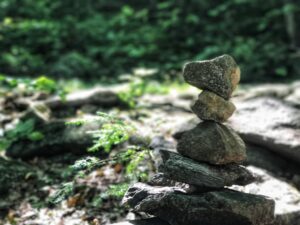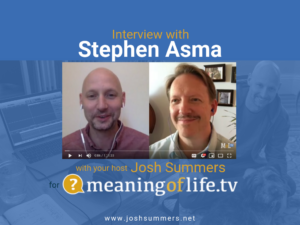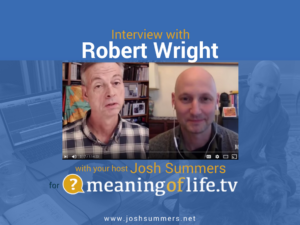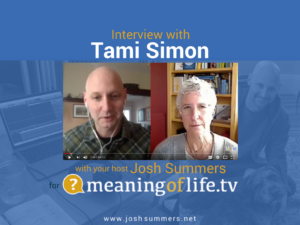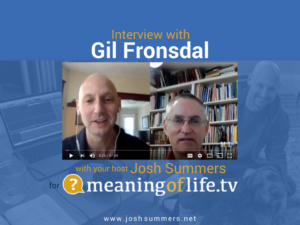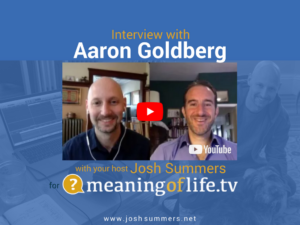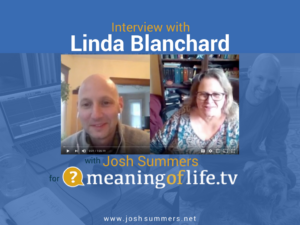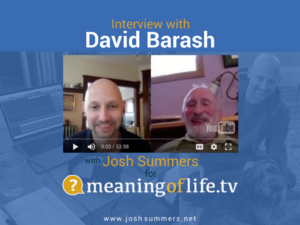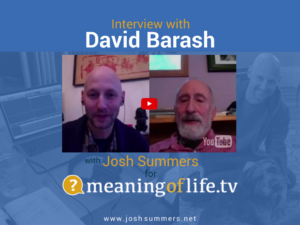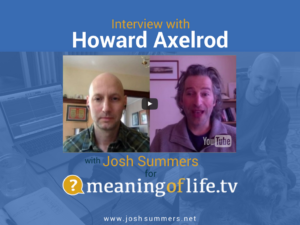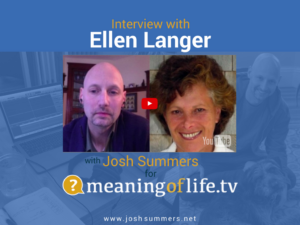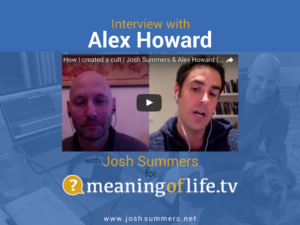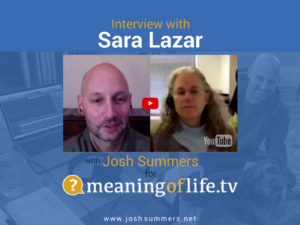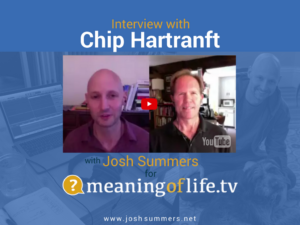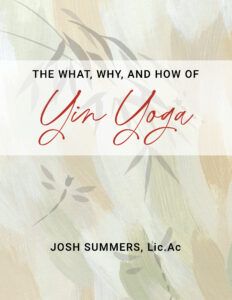Can Yin Yoga heal the wounds of the world and bring about world peace? Probably not – at least not on its own – but it might be an important complement to other more familiar forms of activism.
Dharma
From Perch to Flight – Yin to Yang Meditation
In many ways, the perch is the cornerstone concept from which both steadiness of being (samatha) and deeper understanding (vipassana) emerge. Yin Meditation encourages a receptivity to all experience, and in this approach the perch functions as a place of safety and rest when deemed necessary by the meditator.
The Way of Yin – Receptivity and Creativity on the Path
Just as a musician trains their ear, their sense of time, their technique, their sensitivity in relationship to other musicians, in other words, just as a musician can develop these various musical capacities, I see different meditation approaches as ways of deepening and refining contemplative capacities.
The Tao of Progress
Recently, a question came in about how to assess one’s “progress” in meditation. The question captivated me because I’ve heard many ways of describing meditative progress. In a recent talk, I took a first pass at answering the student’s question.
The Way of the Inner Bodhisattva: How to Work With Internal Parts
Periodically checking in with “Inner Parts” in your practice tends to promote a greater harmonization of their energies, leading to less frequent periods of internal conflict amongst them. And the inverse seems to be true as well: Neglecting to check in with these parts can lay the groundwork for more intra-personal and inter-personal conflicts.
Interview with Stephen Asma: Why We Need Religion
I had the great pleasure of interviewing Stephen Asma, author of Why We Need Religion – a book that dramatically changed my view of religion and its role in our culture. We discussed a wide variety of topics, from how religion has shaped our emotional lives for millennia to predictions for how religion will evolve in America.
Interview with Robert Wright: Where Yoga Meets Meditation, and Mindful Resistance
In our recent conversation, we discuss the relationship between yoga and meditation, and then I prompt Bob to talk about his new project The Mindful Resistance Newsletter. It is an outstanding weekly digest of current events, presented soberly and succinctly. Bob’s intention is to mute the flame of emotional outrage and overcome the divisiveness of tribalism in order to promote real cognitive empathy and more beneficial engagement.
Interview with Tami Simon: The Dharma of Dogs
Tami Simon is a true pioneer in American spirituality. From Sounds True’s website: Tami, “founded Sounds True at the age of 22 with the mission of disseminating spiritual wisdom. As a pioneer in the conscious business movement, she focuses on bringing authenticity and heart into the workplace while honoring multiple bottom lines. Tami hosts a popular weekly podcast called Insights at the Edge, where she has interviewed many of today’s leading teachers, delving deeply into their discoveries and personal experiences on their own journeys.”
Interview with Gil Fronsdal: The Buddha Before Buddhism
In this interview, I ask Gil about his new book, The Buddha before Buddhism, in which Gil provides translation and commentary to one of the oldest extant Buddhist texts, The Atthakavagga, or The Book of Eights. What was so interesting for me to hear was that, perhaps, the Four Noble Truths – widely believed to be the first discourse given by the Buddha – may not have been his first teaching, at all.
Interview with Aaron Goldberg: The Language of Jazz
If you’ve taken my Mindfulness Module, you’ve experienced an exercise where I play a piece performed by Aaron Goldberg’s trio, and we discuss how the layers of jazz are similar to the layers of the meditative process: Body (as the rhythm), breath (as the bass), thoughts (as the piano). And people invariably comment, “Who’s that musician? I love it, and I didn’t think I even liked jazz.” Here’s my interview with that musician – a modern master, Aaron Goldberg.
Interview with Linda Blanchard: Dependent Arising in Context
In Buddhism, it is often said that the core teaching of the Buddha is his teaching on Dependent Origination. There are passages in the Suttas where the Buddha says, “He who sees dependent arising, sees the Dharma.” It’s pretty central stuff!
But, whenever I’ve tried to make sense of the more detailed explanation of this central teaching, I’ve always been left feeling bewildered and confused. To describe this teaching as opaque would be an understatement.
Interview with David Barash: Existentialism, Buddhism, Biology and the Meaning of Life
In Part 2 of my ongoing conversation series for www.meaningoflife.tv with David Barash, we dive more deeply into his intellectual trifecta, “Existential Bio-Buddhism.” And we look at how each system of […]
Interview with David Barash: Buddhism and Biology
As part of my ongoing conversation series for www.meaningoflife.tv, I’ve had the great pleasure to connect with David Barash, professor emeritus of psychology – specifically evolutionary psychology – at the […]
Interview with Howard Axelrod: The Point of Vanishing
During his junior year of college, a tragic accident during a game of pick-up basketball disrupted Howard Axelrod’s course in life. As a way to make sense of himself and […]
Mindfulness of Thinking, or Running With Your Sneakers Tied Together
And so the general approach is this: when people meditate they try to focus on their breath or body and not allow themselves to be distracted by their thoughts. That is, they try not to allow themselves to be drawn into thinking, or to get lost in thinking. I’ve received variations of this instruction from many well-meaning meditation teachers over the years: “Allow your thoughts, but don’t get lost in your them.”
Interview with Ellen Langer: The Science of Non-Meditative Mindfulness
Ellen Langer is a social psychologist at Harvard University who has done four decades of research on non-meditative mindfulness. This is a unique form of attention regulation. Ellen defines mindfulness as […]
Interview with Alex Howard: On the Andrew Cohen documentary
In this conversation, I speak with Alex Howard, founder of www.conscious2.com and producer of the documentary on the spiritual teacher, Andrew Cohen: How I Created a Cult. This documentary is important […]
Interview with Sara Lazar: Your Brain on Meditation
In this interview, I speak with neuroscientist, Sara Lazar, about her work on the study of mindfulness. Sara is one of the leading scientists studying how the brain responds to […]
Nirvana: The Metaphysical and The Pragmatic
In response to my post, “Consciousness, Being and Bliss” I received some questions that I’d like to tackle here. The essence of these questions, I think, boils down to this: […]
Interview with Chip Hartranft: The Yoga Sutra
A few weeks ago, I had the pleasure of interviewing my friend, Chip Hartranft, for MeaningofLife.tv. In the yoga and meditation world, Chip is the rare practitioner who balances encyclopedic […]
Being, Consciousness, Bliss
Within Indian philosophy, different schools propose different metaphysics and methodologies for attaining liberation from the human experience of anguish. Within the historical context in which the Buddha emerged, one proposition […]

